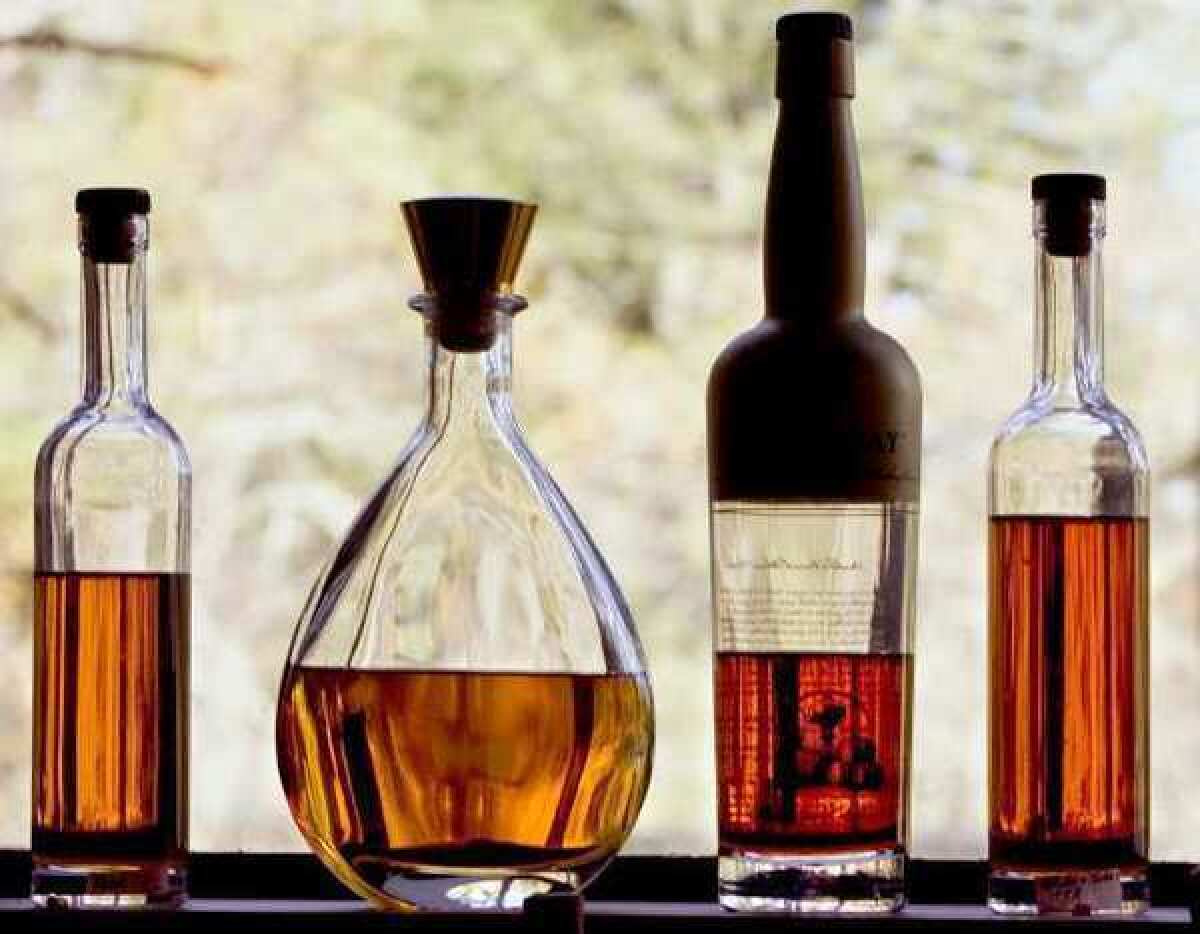Heavy drinkers at increased risk for early stroke

- Share via
Heavy drinkers who consume three or more servings of alcohol per day are at increased risk of a type of stroke called an intracerebral hemorrhage — and they’re more likely to have that stroke at an earlier age than patients who don’t drink, scientists reported Monday.
Writing in the journal Neurology, researchers from the University of Lille Nord de France reported that on average, heavy drinkers were afflicted with intracerebral hemorrhage — which is caused by bleeding in the brain and has a more dire prognosis than more-common ischemic strokes, which are caused by clots in blood vessels — 14 years earlier than people who were not heavy drinkers.
People who drank a lot also were more likely to have a stroke deep in the brain, wrote neurologist Dr. Charlotte Cordonnier and colleagues. Patients under 60 who suffered such strokes were more likely to die within two years of follow-up than other patients, the team wrote.
“Drinking large amounts of alcohol contributes to a more severe form of stroke at a younger age in people who had no significant past medical history,” she said in a statement.
To conduct the analysis, Cordonnier and her team followed patients who sought treatment for intracerebral hemorrhage at Lille University Hospital between November 2004 and April 2009. The team interviewed patients and their relatives about the pattients’ drinking habits, among other factors.
One-fourth of the patients were heavy alcohol users; their median age at the time they had their strokes was 60. The age for patients who weren’t big drinkers was 74. The two groups had similar incidence of complications, as well as similar lengths of hospital stay, the scientists wrote.
Heavy drinking has been identified as a risk factor for this kind of stroke in the past, but studies have not teased out the differences between patients who suffer bleeding in different parts of the brain, the team concluded -- suggesting that in the future, they should.
“The approach we chose in the present study highlights the fact that heavy alcohol intake does not have the same effect in all intracerebral hemmorhage locations,” they wrote.
For further information, the U.S. Centers for Disease Control maintains a Web page with information on the different types of stroke, and the American Heart Association compiles stroke statistics.




